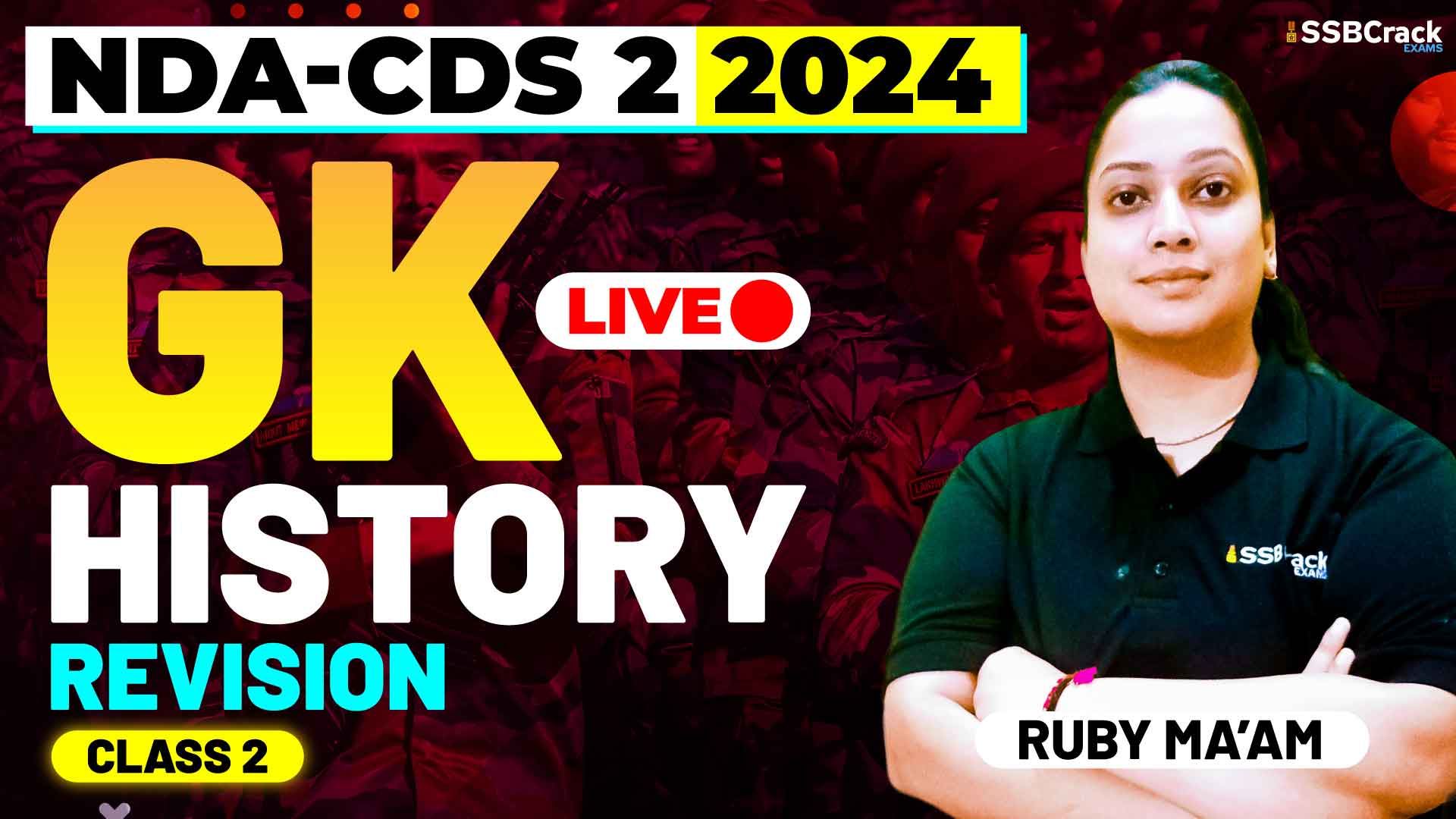Preparing for competitive exams like the National Defence Academy (NDA) and Combined Defence Services (CDS) requires a strategic approach, especially when it comes to subjects like history. One critical period in Indian history that frequently appears in these exams is the Medieval India era. Solving multiple-choice questions (MCQs) on Medieval India can significantly enhance your preparation.
1. Understanding Key Concepts and Events
Medieval India covers a vast timeline, including the Delhi Sultanate, Mughal Empire, and regional kingdoms. Solving MCQs helps reinforce key events, dates, and figures. By regularly practicing these questions, you can better remember significant occurrences such as the establishment of the Sultanate, the rise of the Mughal Empire, and the contributions of regional dynasties.
2. Improving Recall and Retention
MCQs are an excellent tool for improving memory recall. The process of selecting the correct answer from multiple options forces you to recall information more precisely. Repeated practice can help transfer facts from short-term to long-term memory, ensuring that you remember crucial details during the exam.
3. Enhancing Analytical Skills
Many MCQs are designed to test not just factual knowledge but also analytical skills. For instance, questions might require you to compare the administrative systems of different rulers or analyze the impact of specific policies. By solving such questions, you develop a deeper understanding of historical events and their significance, which is invaluable for comprehensive exam preparation.
4. Time Management and Efficiency
Competitive exams like NDA and CDS are time-bound, and efficient time management is crucial. Regular practice of MCQs helps you become more adept at quickly reading and understanding questions, thus improving your speed. This practice ensures that you can complete the history section within the allotted time during the actual exam.
5. Identifying Strengths and Weaknesses
Practicing MCQs allows you to identify which areas of Medieval Indian history you are strong in and which areas require more attention. By reviewing your performance, you can tailor your study plan to focus on weaker topics, thereby enhancing your overall preparation.
6. Simulating Exam Conditions
Solving MCQs under timed conditions can simulate the actual exam environment, helping you become accustomed to the pressure and time constraints. This experience can reduce anxiety and improve your confidence when facing the real exam.
7. Understanding Question Patterns
Examining previous years’ MCQs can help you understand the types of questions frequently asked in NDA and CDS exams. This insight allows you to anticipate possible questions and prepare accordingly, giving you an edge over other candidates.
Tips for Effective MCQ Practice:
- Regular Practice: Make solving MCQs a daily habit. Consistent practice is key to mastering the subject.
- Review Answers: Always review the explanations for both correct and incorrect answers. This practice helps reinforce your understanding and clarifies any misconceptions.
- Use Reliable Sources: Ensure you use reputable books, online platforms, and previous years’ question papers for practice.
- Take Mock Tests: Participate in mock tests to simulate the exam environment and evaluate your preparedness.
Conclusion
Incorporating MCQ practice on Medieval India into your study routine is indispensable for NDA and CDS aspirants. It not only bolsters your knowledge and recall abilities but also hones your analytical skills, time management, and exam strategy. With diligent practice and a focused approach, you can significantly enhance your chances of success in these competitive exams.







